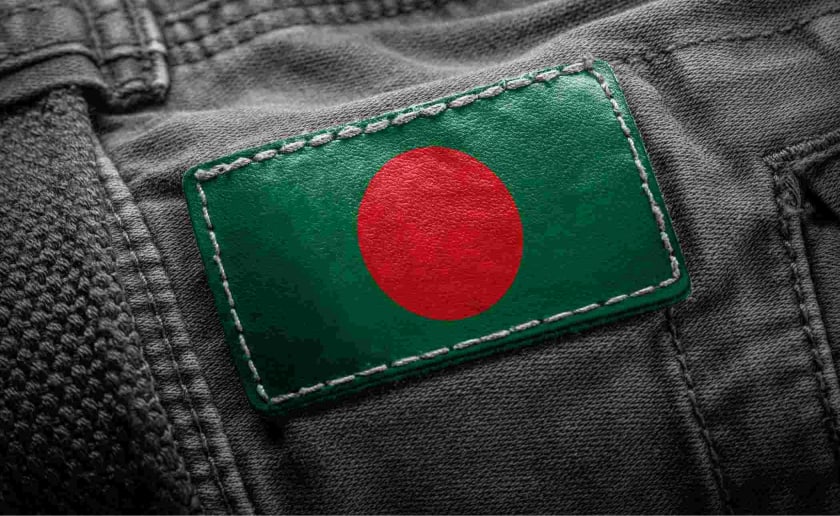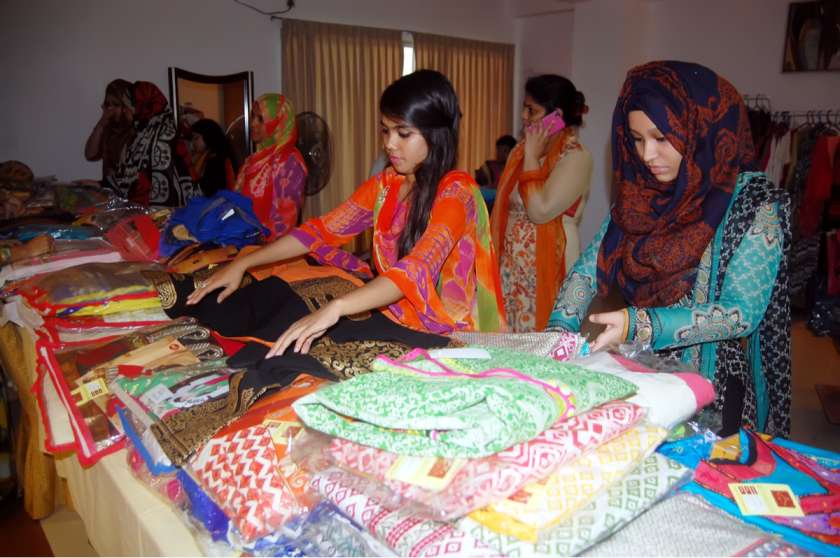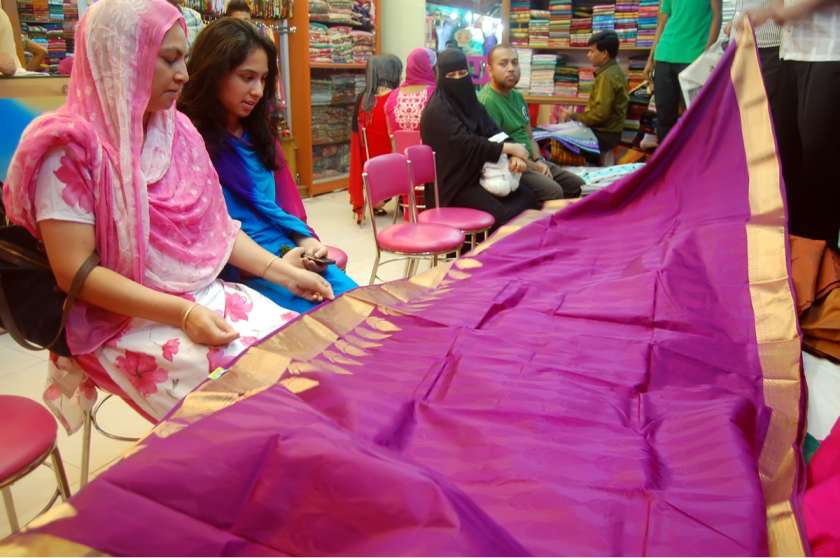Trade Watch: Bangladesh to Boost Fiber Apparel Exports



Bangladesh, one of the most significant exporters of textile goods and garments, has taken an important decision regarding its production units. It has decided to focus more on man-made fiber garments in lieu of the surging demand for clothing in the synthetic section. At present, just the cotton garments that the country produces account for almost seventy percent of the country’s total production of garments, the remaining 30% is synthetic apparel and blended fiber. The government has taken a decision to focus on this part and boost its production significantly in the subsequent few months.
Why Should Bangladesh Export Boost Fiber Apparel?

Research carried out within garment exporters revealed that fiber apparel is and will be the future of export garments because of the surging demands in clothes that adhere to the sustainability goals. Not only consumers but also retailers are trying to become sustainable, and with this change in direction, and synthetic and man-made fiber garments are bound to take over the market. It could be well predicted that in the years to come, brands and retailers may completely abstain from selling clothes that are produced from non-recyclable sources. Stats have revealed that there has been a gradual rise in the import of synthetic fiber garments, which clearly indicates that Bangladesh Export has taken steps to respond to the surging demands.
Data received from the Bangladesh Textile Mills Association, otherwise known as BTMA, shows that the country’s mills have taken to producing more synthetic fiber. Even amid the global pandemic, the local spinners were known to import as much as one lakh tonnes of polyester fiber, which showed a significant rise of more than three percent from the previous year.
Textile manufacturing stalwarts like the Noman Group or the Envoy Group, both of which have their headquarters running in Bangladesh, have established units of synthetic fiber manufacturing. These are manufacturing companies which have established themselves as global leaders of textile, especially in South-East Asia. The Noman Group invested almost five hundred crores in Bangladeshi taka to establish mills that would yield as much as a hundred tonnes worth of synthetic fiber every day. Similarly, the Envoy Group has invested about a hundred and twenty-five crores in Bangladeshi Taka to establish mills that would be spinning twelve tonnes of synthetic fiber every day. Other textile manufacturing companies of Bangladesh that have joined the list would include Matin Spinning mills, Maksons Group, Square Textiles, and of course, Mozaffar Hossain Spinning Mills. Bangladesh at present receives all its raw materials from China.
How Far Along is Bangladesh Export on Its Route to Boost Fiber Apparel?

About forty mills at present spin out synthetic fiber in Bangladesh, most of which is polyester staple fiber or PSF. This particular kind of fiber is used to produce activewear, athleisure, and high-end garments. There was an increase in the percentage of imports of viscose staple fiber. Almost 36% more of VSF was imported by the Bangladeshi textile mills as of last year. As per the BTMA, about eighty textile mills have been producing all sorts of synthetic fiber-based products, which include tensile, polyester, VSF, and modal.
An interview with Fazlul Hoque, the vice president of the BTMA, was carried out where he presented his thoughts on the boost of export of fiber apparel. He mentions, “The number was below fifty in 2016 and several new textile mills will go into the production of synthetic fiber within two or three years.” According to him, Bangladesh Export holds the potential of pivoting the entire cloth manufacturing industry to steer more towards manufactured synthetic fiber-based apparel. A similar statement was made on the part of Md. Khurshid Alam, who is the chairperson of Little Star Spinning Limited - “The investment in the synthetic fiber sector of our country is growing as buyers are choosing the fabric as a substitute to cotton fiber for sustainability and environmental issues.”
Aptly so, the entire world took to a more sustainable turn even before the pandemic situation arose. The birth of the pandemic was like a wake-up call for the entire world to be more conscious of what they put into their system as well as what they give out. The clothing sector itself accounts for almost four percent of the global greenhouse gas emissions, which is a substantial amount when it comes to air pollution. It is only through conscious consumerism and veering towards recyclable clothing resources that we can even attempt to fight this battle of sustainability.
Conclusion:
There has been but one impediment to Bangladesh’s decision to boost the export of fiber apparel, i.e., tax. The manufacturers have to pay almost 5% of VAT upon production of synthetic fiber, whereas cotton is duty-free. The Vice President of BTMA expresses his concern over the matter and thinks that fiber should also be made duty-free in lieu of the surging demands for synthetic-based apparel. However, this decision would have a huge impact on the global garment industry as well as the environment.



















